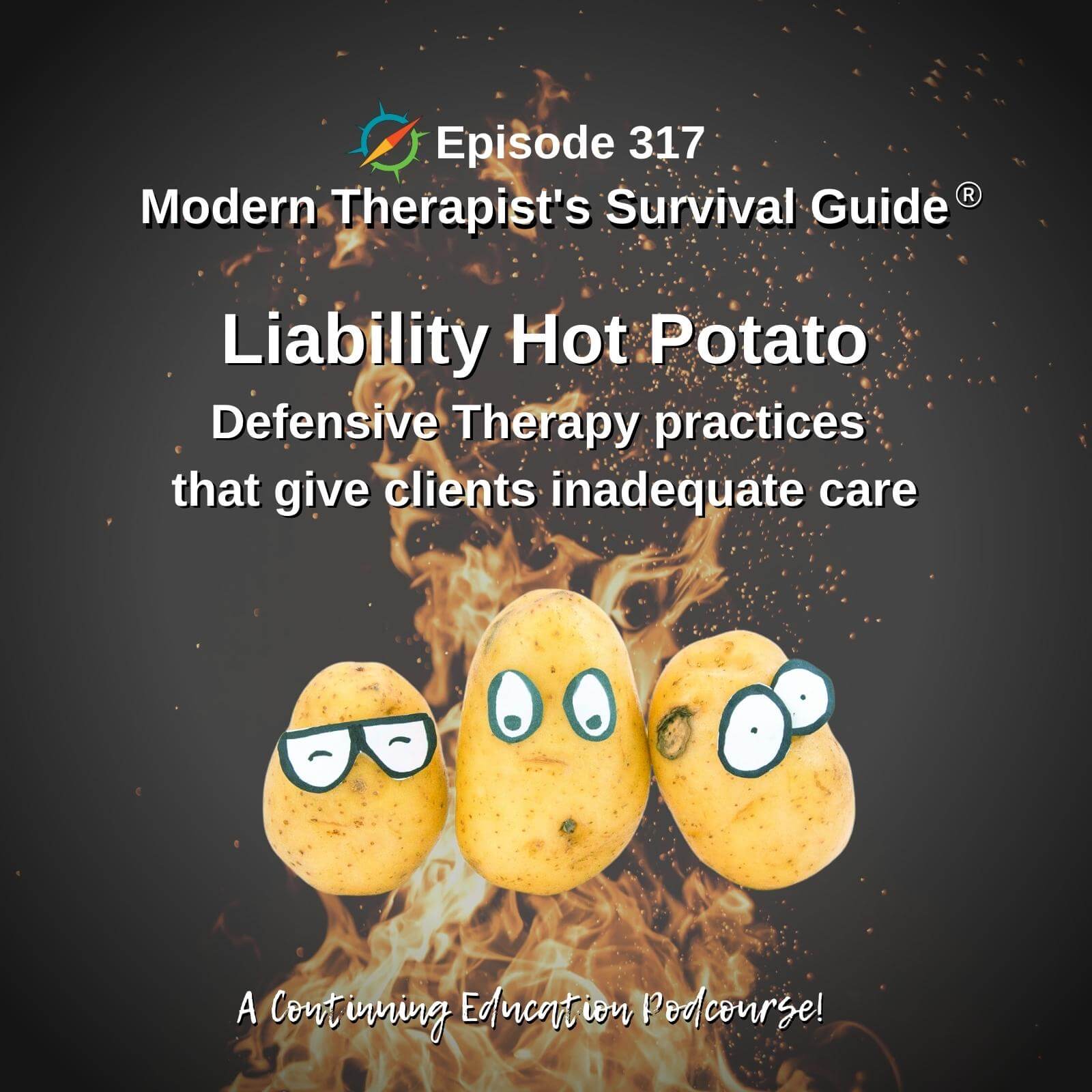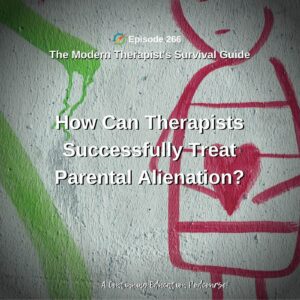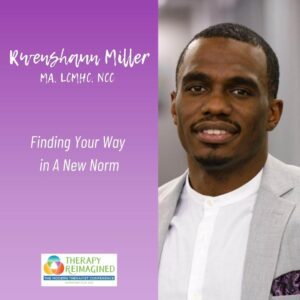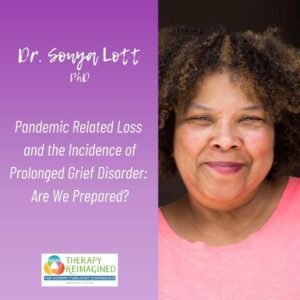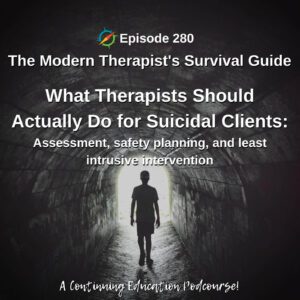Therapists facing difficult decisions in therapeutic treatment are presented with the competing tasks of providing quality care to clients while also trying to minimize their legal risks. This can lead to therapists who may choose courses of action that do not benefit clients while doing things to protect the therapist. This workshop explores the types of defensive practices that therapists take, how to recognize them, what steps can be done to protect therapists, and how to maximize client outcomes.
Learning objectives: Participants in this course will be able to:
- Define defensive therapy and the effect that it has on client outcomes
- Identify 2 types of defensive therapy
- Identify the best practice to maximize client outcomes while minimizing liability
![]()
Our Presenters
Curt Widhalm, LMFT
Curt Widhalm is in private practice in the Los Angeles area. He is a member of the California Association of Marriage and Family Therapists (CAMFT) ethics committee, an Adjunct Professor at Pepperdine University, lecturer in Counseling Laws and Ethics at California State University Northridge, a former Law & Ethics Subject Matter Expert for the California Board of Behavioral Sciences, and former CFO of CAMFT. Learn more at: www.curtwidhalm.com
Katie Vernoy, LMFT
Katie Vernoy is a Licensed Marriage and Family Therapist, with a Master’s degree in Clinical Psychology from California State University, Fullerton and a Bachelor’s Degree in Psychology and Theater from Occidental College in Los Angeles, California. Katie’s experience spans many leadership and management roles in the mental health field since getting her license in 2005: program coordinator, director, clinical supervisor, hiring manager, recruiter, and former President of the California Association of Marriage and Family Therapists. Learn more at: www.katievernoy.com
___________________________________________________________________________________________________________________________________________________________________________
